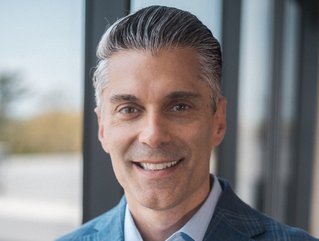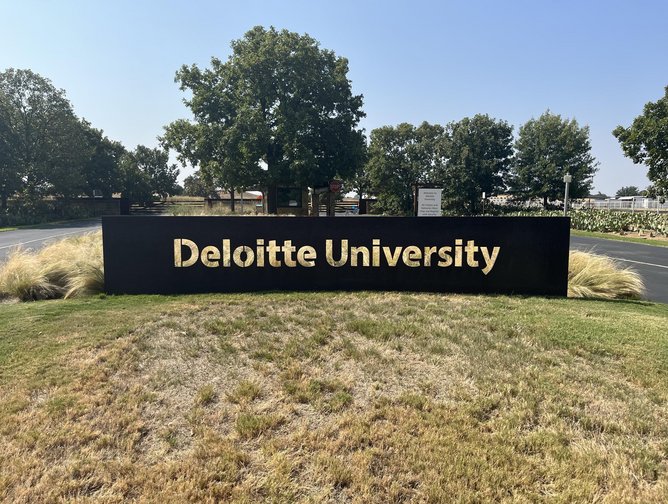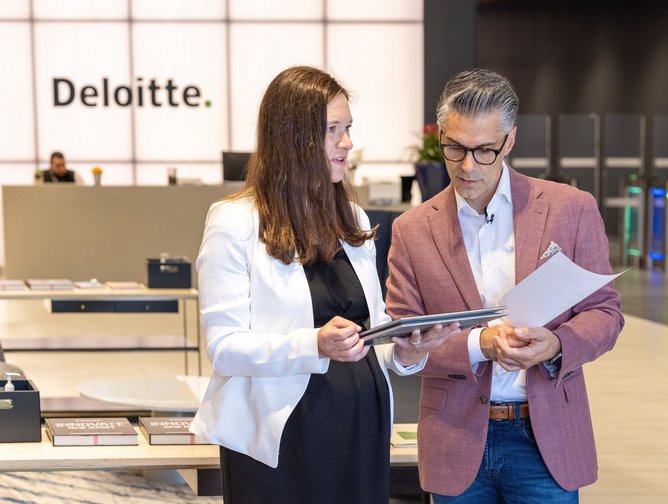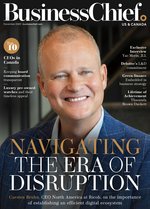Deloitte’s bold Project 120 is changing the face of L&D

It wouldn’t be a stretch to suggest Deloitte’s Project 120 is a game-changer when it comes to companies investing in their people.
This huge, US$1.4 billion programme is aimed at setting a new industry standard for learning and development (L&D) which, for decades, has either been overlooked, badly handled or neglected by big businesses.
Project 120, whose name references the top speed of thought – 120 metres per second – is curating highly personalised L&D pathways to develop critical tech and leadership skills among Deloitte’s growing workforce. The hope is that this transformative strategy will prepare employees for future demands, ensuring they stay ahead of the curve, while simultaneously developing the next generation of leadership figures.
Already, more than a million hours of training have been delivered, focusing on the future application of technology such as AI, cloud, cyber, data analytics, 5G and quantum computing – all through the Deloitte Technology Academy (DTA).
This perfectly complements the work being done at Deloitte University, which continues to grow the world’s best leaders.
Deloitte betting big on its people
One of those responsible for heading up Project 120 is Anthony Stephan, Chief Learning Officer (CLO) for Deloitte in the US.
Stephan began his working career almost three decades ago and joined the professional services firm in 2005. After several rewarding years leading US businesses for Deloitte, he took up his current role in the summer of 2023.
Expanding on the concept of Project 120, Stephan says: “Our goal is to ensure the agility and innovation of L&D matches that of the market and our business. Technology is constantly creating new demands for new skills, so we need our L&D to match that pace.
“It’s also critical that our L&D experiences create quantifiable business impact – measuring outcomes, not just output. It’s how we’ll be able to prove the success of our efforts.”
Deloitte has previously highlighted a number of key “shifts” it is attempting to facilitate through its exciting new programme:
- A shift from upskilling for today’s jobs to equipping people to thrive in a tech-enabled future.
- A shift from role-based experiences to personalised experiences driven by self-discovery or individual agency.
- A shift from one-size-fits-all learning to experiences for more people and more channels all the time.
- A shift from focusing on business skills for performance to also focusing on human potential, helping people to thrive in life as well as at work.

Personalisation remains L&D holy grail
Exponential change within technology, combined with the advent of generative AI, has given L&D professionals an opportunity to personalise the learning process in a way that, up until now, they could only dream about.
To this community, personalisation has long been the holy grail, but was always agonisingly out of reach. Instead, the one-size-fits-all approach has continued to linger.
On the flipside, Deloitte’s Project 120 is aimed at tailoring development so that it takes into account an individual’s background, experiences and knowledge.
“In addition to emphasising the importance of business outcomes, we’re changing how people learn new skills and develop their careers,” Stephan explains.
“We’ve discovered in our research that Gen Z thinks differently and is much more comfortable with remote learning than prior generations. We aim to tailor our L&D experiences to each person’s individual needs and preferences.
“This means we need to add more content, to more channels, for more people, so they can learn in the way it best suits them.”
Developing the next generation of leaders
A major challenge these days when it comes to education is that traditional universities are struggling to match the speed of technological change.
However, this has presented Deloitte with a golden opportunity to proudly fill that role as an educator in the marketplace and develop people in ways that didn’t exist even a few years ago.
That includes moulding the next generation of leaders. To this end, the consulting giant is partnering with major companies and creating new ecosystems of learning to ensure its L&D keeps up with the evolving market.

“Everybody has the potential to be a leader,” adds Stephan. “But even people who are identified as strong potential leaders need development to bring those skills to the surface.
“That’s why L&D programmes are important for everyone, no matter where they are in their professional journey. We believe we can help professionals develop the new skills they need at a pace that meets market demand.”
Stephan asserts that one of the more significant changes to leadership development over the past couple of decades relates to expectations around good leadership qualities and the skills with which up-and-coming leaders are being equipped.
He goes on: “Leaders now recognise the importance of wellbeing and other soft skills.
“We never used to talk about mental health or emotional agility, for example. Now we know how critical human development is – as opposed to just professional development – and leadership is increasingly committed to these priorities.”
L&D now a non-negotiable requirement
In its recent ‘Welcome to Generation Z' report, Deloitte concluded that people currently entering the world of work for the first time care deeply about career development, adding that first-rate L&D programmes will be essential to attracting, hiring and retaining them.
We have reached a point where L&D has become a non-negotiable requirement. Going forward, companies will struggle to attract the very best talent if they fail to offer robust, content-rich learning and development experiences.
Stephan’s belief is that this ethos should extend beyond younger generations to include all sections of the workforce.
“I’ve always had a passion for helping people reach their full potential,” he says. “I also believe deeply that learning is a lifelong effort. Wherever we are on our journey, there are always new things to learn and new people to learn things from.
“That’s why I’m so passionate about Project 120.”







